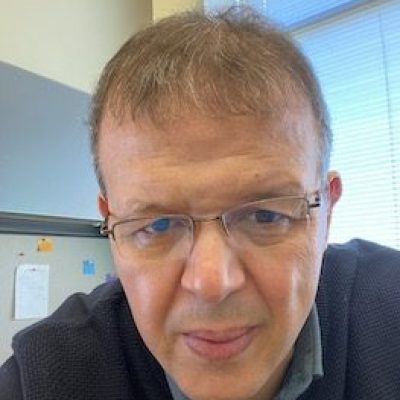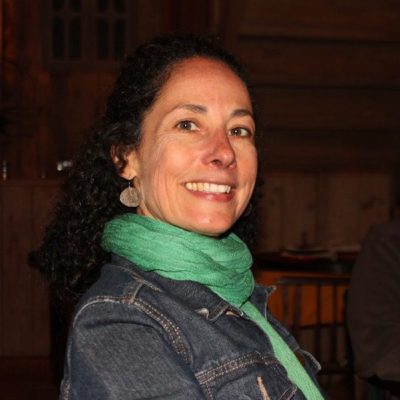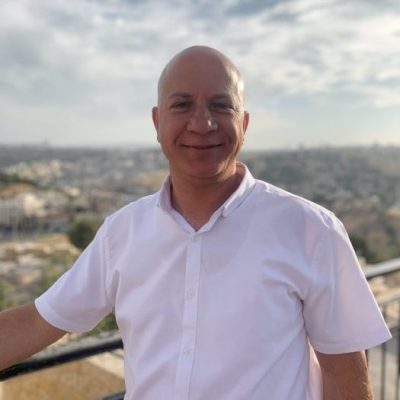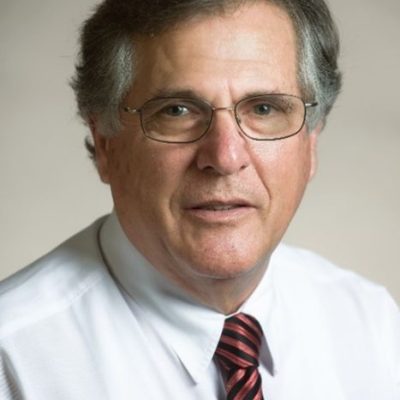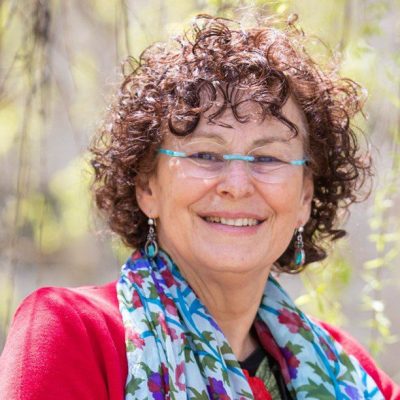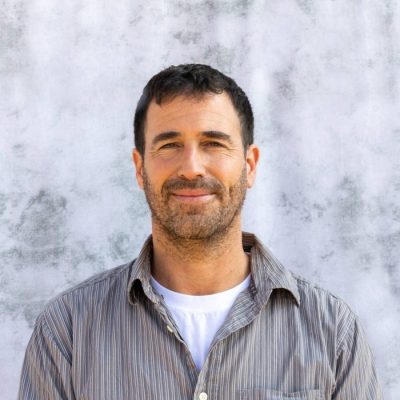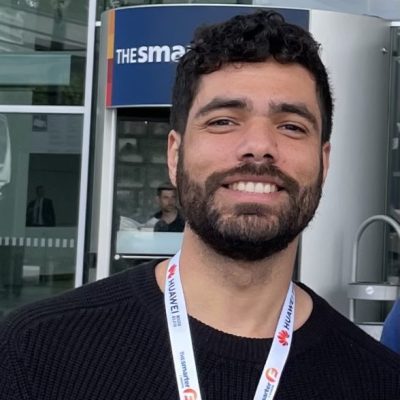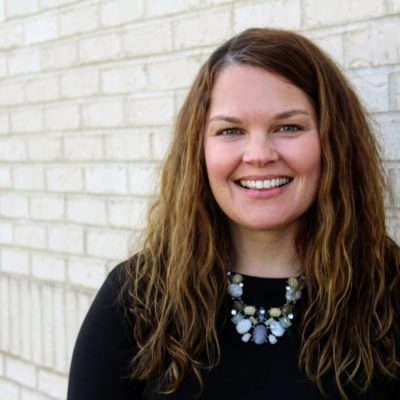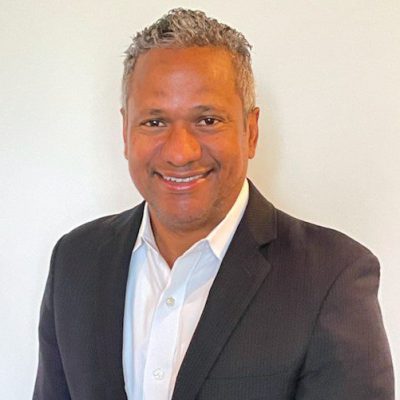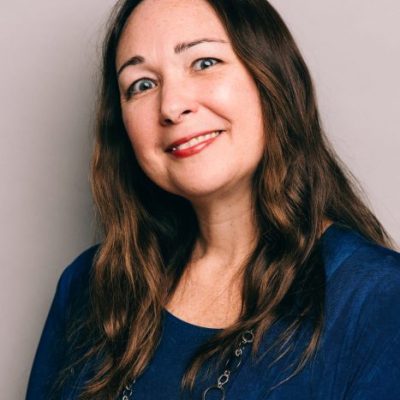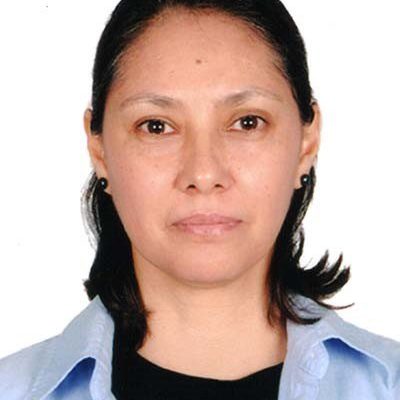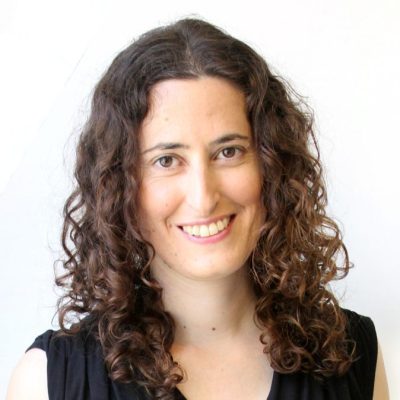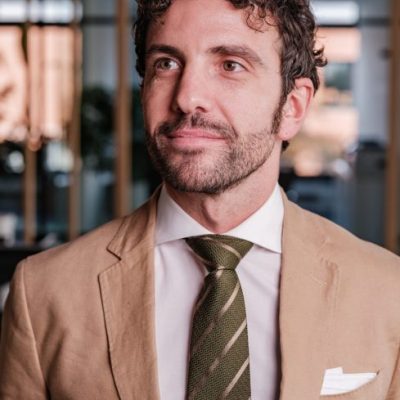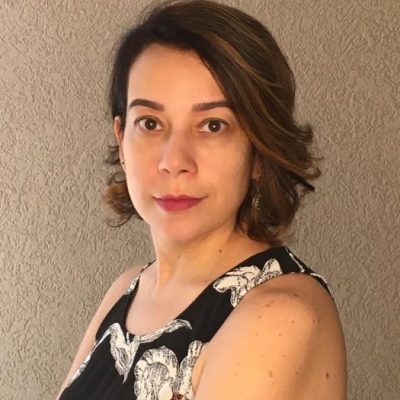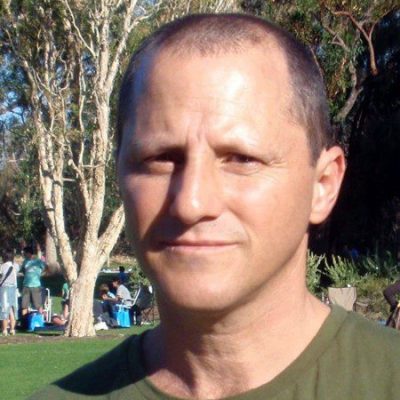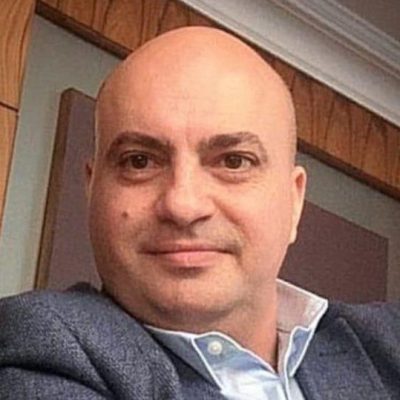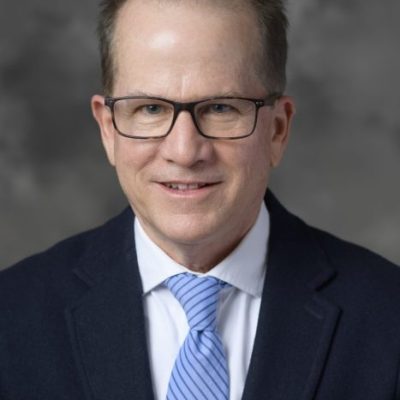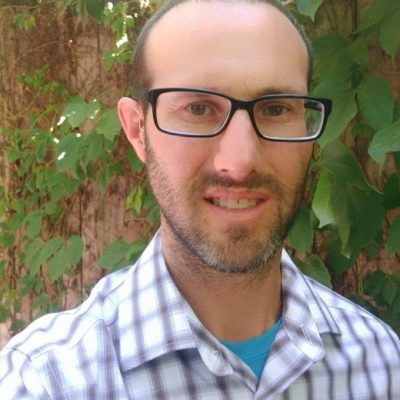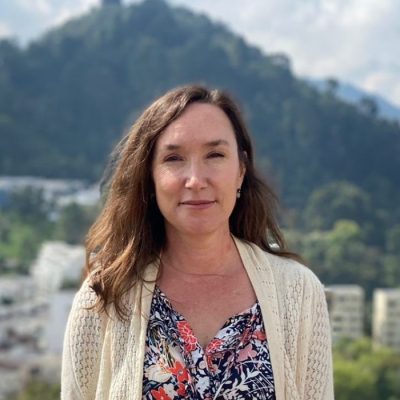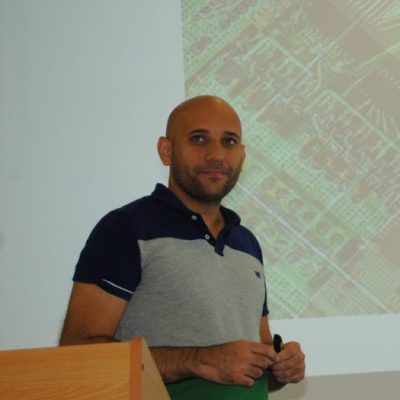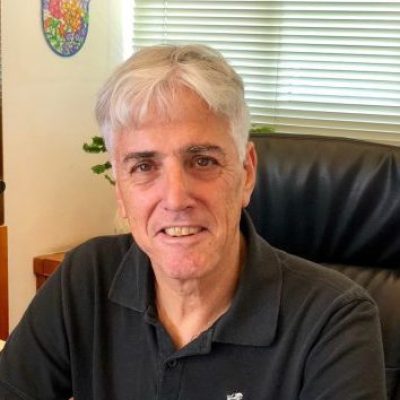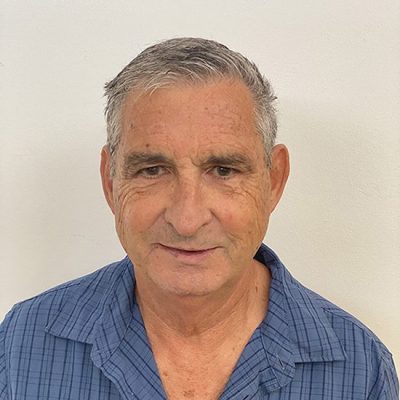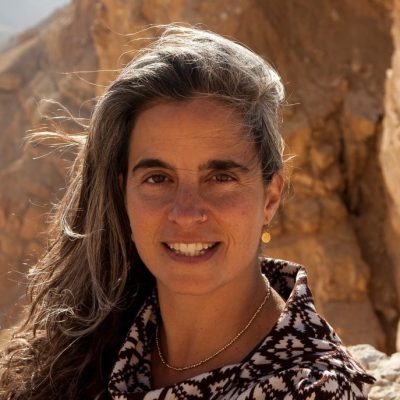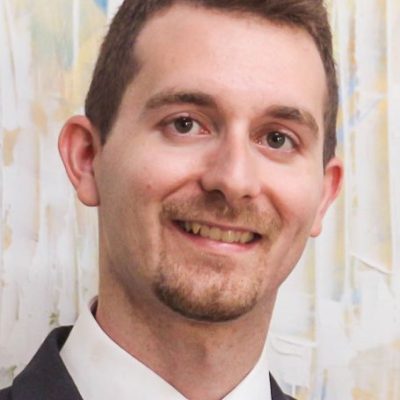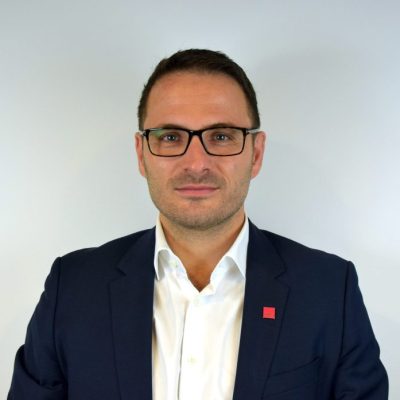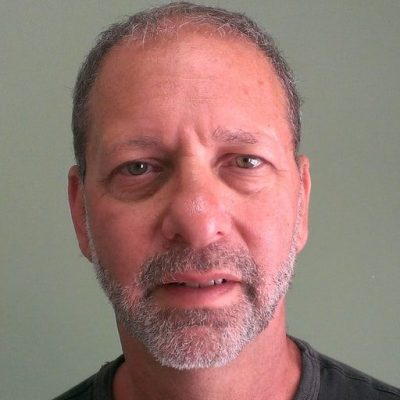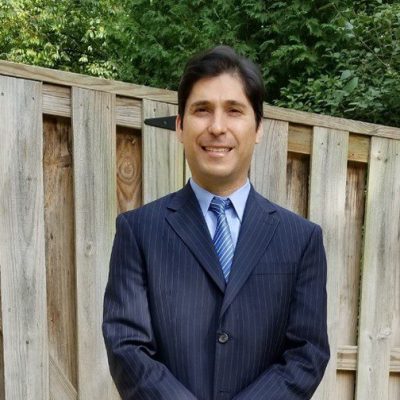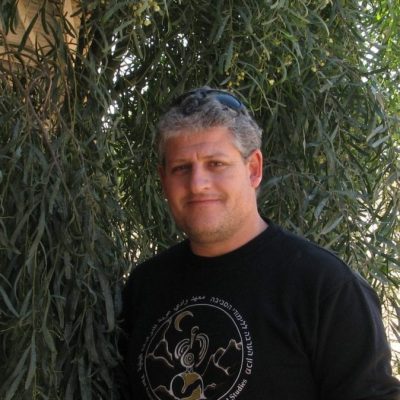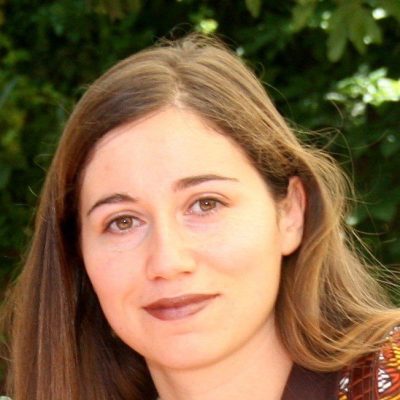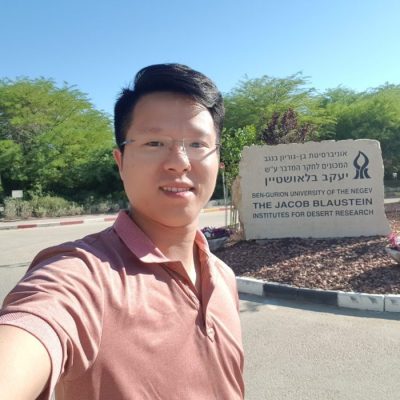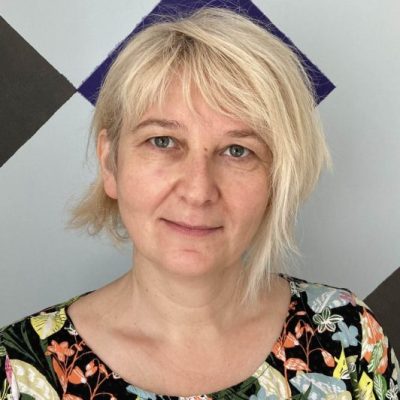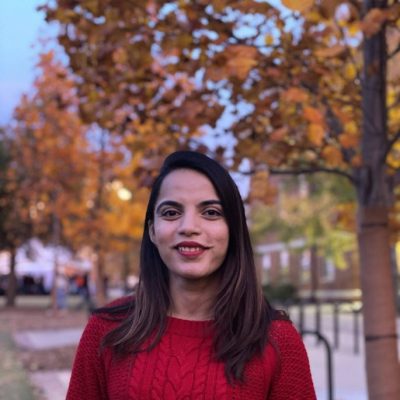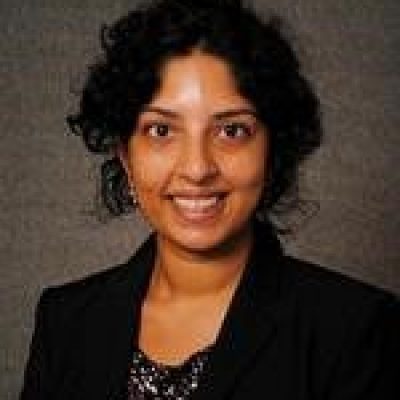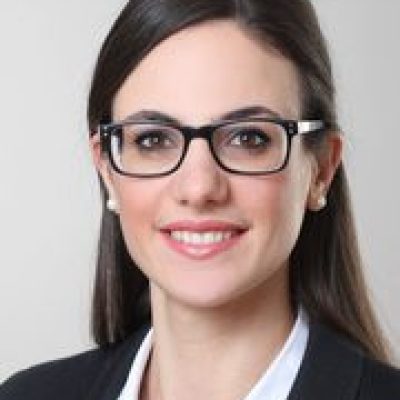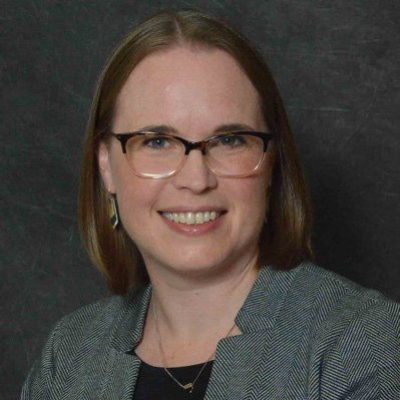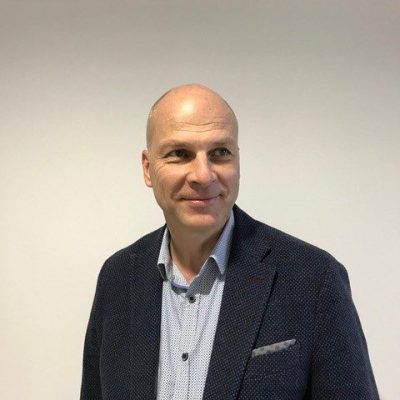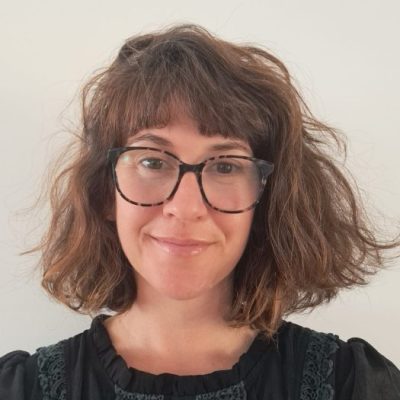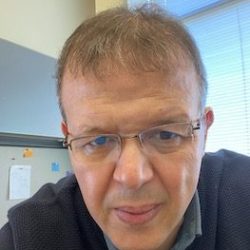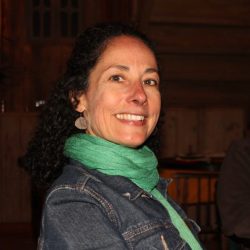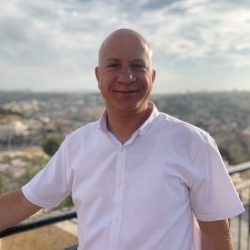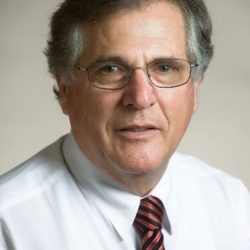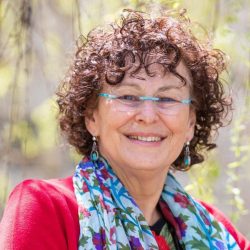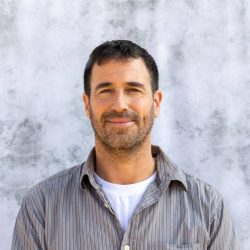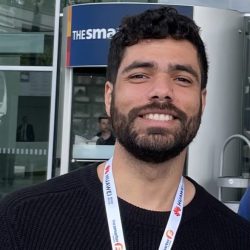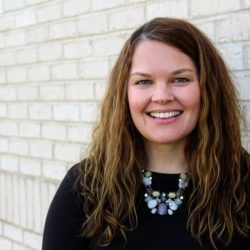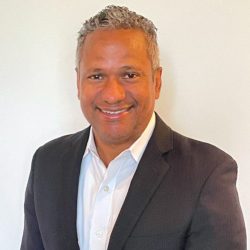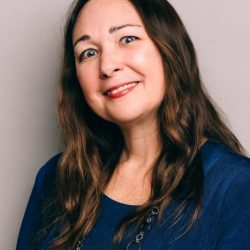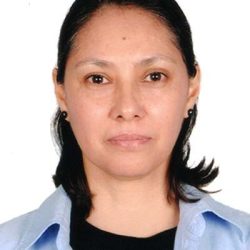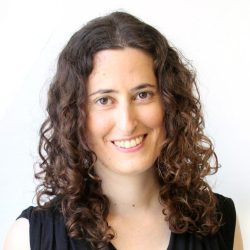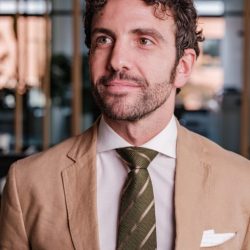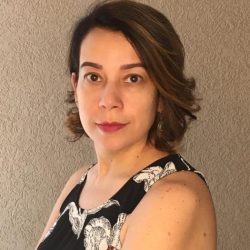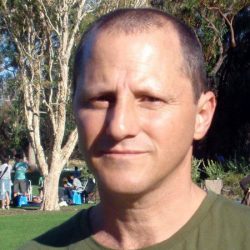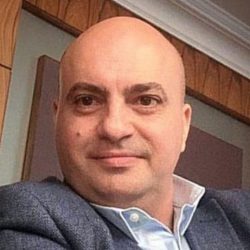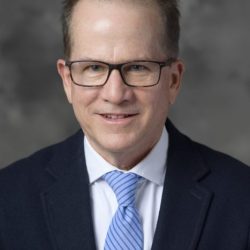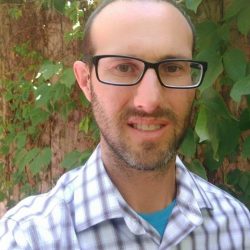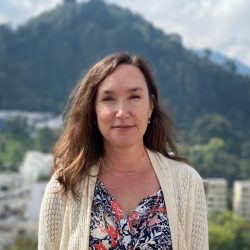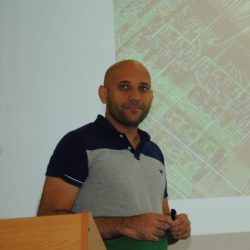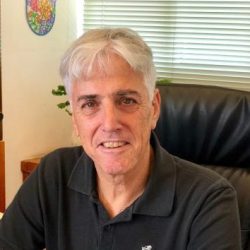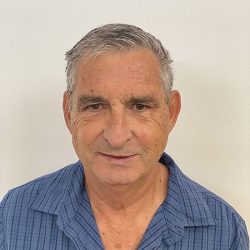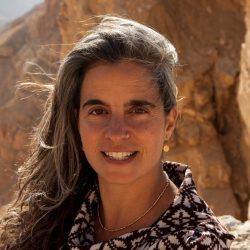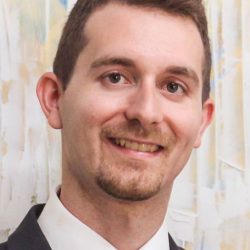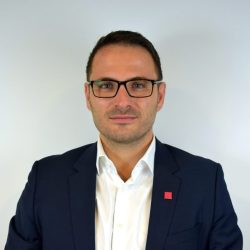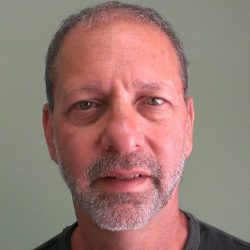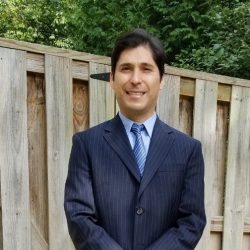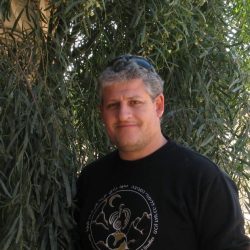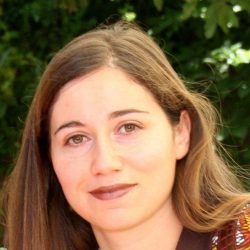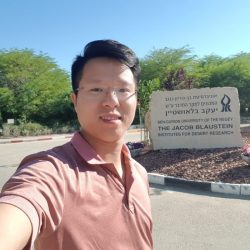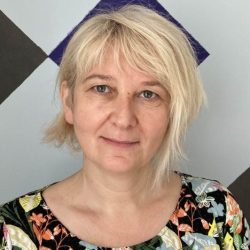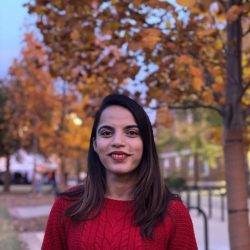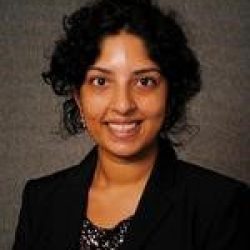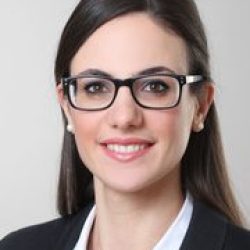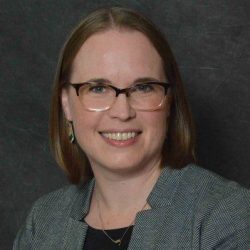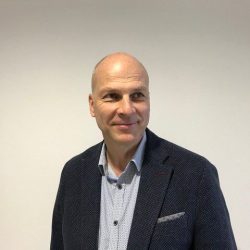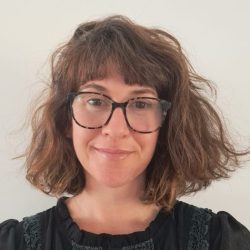
The Arava Institute for Environmental Studies and Purdue University present:
Food Security
and the Water-Energy
Nexus in the Face
of Climate Change
BARD Workshop
October 11-12, 2023
Kibbutz Ketura, Israel
The conference has been postponed due to the current security situation.
The Arava Institute and Purdue University are excited to present a workshop on Food Security and the Water-Energy Nexus in the Face of Climate Change. The workshop aims to provide a platform for interdisciplinary researchers and policymakers from Israel, the United States, and other countries to exchange knowledge and experience, and to raise awareness on the importance of this subject in times of climate crisis and social instability, and to facilitate discussion on how agriculture can be adapted to enhance resilience against the effects of climate change, thereby promoting food security and peace. This workshop is supported by the US-Israel Binational Agricultural Research and Development (BARD) Fund.
DAY I
Panels
Speakers
11:00-11:30
Opening Session
- Professor Yoram Kapulnik, Executive Director, BARD
- Dr. Lori Hoagland, Professor, Department of Horticulture and Landscape Architecture; Co-Director, Arequipa NEXUS Institute, Purdue University
- Dr. Tareq Abu Hamed, Director of Arava Institute for Environmental Studies
11:30 -12:00
Keynote speaker
Professor Bruce Hamaker, Distinguished Professor of Food Science, Roy L. Whistler Chair, Director, Whistler Center for Carbohydrate Research, Purdue University:
Fortified foods, entrepreneurship, and food security in the African Sahel
12:00 – 13:30
Food and Vulnerability in the Face of Climate Change
Chair: Dr. Daniel Leon-Salas, Purdue University, Associate Professor, Polytechnic Institute; Co-Director Arequipa Nexus Institute, USA
- Dr. Dorit Adler, President of the Israeli Forum for Sustainable Nutrition, Israel
- Prof. Juliana Espada Lichston, Federal University of Rio Grande do Norte, Brazil
- Prof. Arnon Karnieli, Dr. Micha Silver, Jacob Blaustein Institutes for Desert Research, Ben Gurion University of the Negev, Israel
- Dr. Lori Hoagland, Professor, Department of Horticulture and Landscape Architecture; Co-Director, Arequipa NEXUS Institute, Purdue University, USA
13:30 – 14:30
Lunch
14:30 -16:00
Food and Energy Nexus
Chair: Dr. Elise Machline, Arava Institute for Environmental Studies, Israel
- Prof. Marcus Zepf and Prof. Cedissia About, PhD, Paris School of Urbanism, France
- Dr. Luciano Castillo, Purdue University, Kenninger Professor of Renewable Energy and Power Systems in Mechanical Engineering. School of Mechanical Engineering , USA
- Dr. João Gabriel Bessa, University of Jaén, Spain
- Dr. Lisa Bosman, Purdue University, Associate Professor, Polytechnic Institute, USA
16:00-16:15
Coffee break
16:15-18:00
Early Career Panel
Chair: Dr. Oren Hoffmann, Arava Institute for Environmental Studies, Israel
- Dr. Mauricio Kleinberg, Water Department, Ben Gurion University, Israel
- Dr. Pratishtha Poudel, Purdue University, Assistant Professor of Agronomy, USA
- Dr. Hung Nguyen, Dead Sea and Arava Science Center, Israel
- Dr. Efrat Elimelech, University of Haifa, Israel
18:00-18:15
First day closing summary and remarks
Dr. Daniel Leon-Salas, Purdue University, Associate Professor, Polytechnic Institute; Co-Director Arequipa Nexus Institute, USA
DAY 2
Panels
Speakers
8:00- 9:30
Water Management for Food Security
Chair: Dr. Suleiman Halasah, Arava Institute for Environmental Studies, Israel
- Prof. Amit Gross, Zuckerberg Institute for Water Research, Ben Gurion University of the Negev, Israel
- Dr. Avshalom Babed, Dead Sea and Arava Science Center, Israel
- Dr. Amisha Shah, Purdue University, Associate Professor of Civil Engineering and Environmental and Ecological Engineering, USA
- Dr. Lisa Welp, Purdue University, Associate Professor of Earth, Atmospheric and Planetary Sciences, USA
- Prof. Eilon Adar, Ben Gurion University of the Negev
9:30 – 11:00
Food Security – Technology - Society
Chair: Professor Bruce Hamaker, Purdue University
- Dr. Tali Zohar, Arava Institute for Environmental Studies, Israel
- Dr. Clive Lipchin, Arava Institute for Environmental Studies, Israel
- Dr. Daniel Leon-Salas, Purdue University, Associate Professor, Polytechnic Institute; Co-Director Arequipa Nexus Institute, USA
- Prof. Meidad Kissinger, Ben Gurion University of the Negev, Israel
11:00-11:15
Coffee Break
11:15-12:45
Food and Climate Security Impact on Geopolitics
Chair: Dr. Rina Kedem, Arava Institute for Environmental Studies
- Dr. Stacey Connaughton, Purdue University, Professor of Communication and Director Policy Research Institute and Peace Institute, USA
- Dr. David Lehrer, Arava Institute for Environmental Studies, Israel
- Dr. Mohamed Riduan Abid, Columbus State University, USA
- Dr. Florian Krampe, Director of Stockholm International Peace Research Institute‘s Climate Change and Risk Programme, Sweden
12:45-13:45
Lunch
13:45-15:15
Global Overview of Food – Water -- Energy Nexus
Chair: József Kádár, Arava Institute for Environmental Studies
- Beata Pataki, University of Debrecen, Faculty of Engineering, Department of Civil Engineering, Hungary
- Dr. Rosa Cossio, Purdue University, Program Manager, Arequipa Nexus Institute, USA
- Dr. Maria Vrachioli, Agricultural Production and Resource Economics, TUM School of Life Sciences, Technical University of Munich, Germany
- Tommaso Emiliani, European Institute for Innovation and Technology
15:15 -16:45
Closing and Summary
Chair: Dr. Tali Zohar, Arava Institute for Environmental Studies, Israel
- Dr. Dorit Adler, President of the Israeli Forum for Sustainable Nutrition, Israel, and Dr. Lori Hoagland, Professor, Department of Horticulture and Landscape Architecture; Co-Director, Arequipa NEXUS Institute, Purdue University
- Dr. Stacey Connaughton, Purdue University, Professor of Communication and Director Policy Research Institute and Peace Institute, USA, and Beata Pataki, University of Debrecen, Faculty of Engineering, Department of Civil Engineering, Hungary
- Dr. Lisa Welp, Purdue University, Associate Professor of Earth, Atmospheric and Planetary Sciences, USA, and Dr. Clive Lipchin, Arava Institute for Environmental Studies, Israel
- Dr. Luciano Castillo, Purdue University, Kenninger Professor of Renewable Energy and Power Systems in Mechanical Engineering. School of Mechanical Engineering , USA, and József Kádár, Arava Institute for Environmental Studies, Israel
Travel arrangements
Transportation to Kibbutz Ketura by bus will be provided from Tel Aviv through Beer Sheva on October 11th, and from Kibbutz Ketura to Beer Sheva and Tel Aviv on October 12th. After registration, exact times and stops will be sent to you five days before the conference.
Visas and entry permits
Please contact Dr. Elise Machline for assistance in obtaining a visa or entry permit.
Accommodation
Rooms can be booked at the Lotan Desert Travel Hotel. Please make a reservation via this e-mail, with the title “Nexus”.
The first 30 participants to register will receive a 50% discount on their accommodation. Please contact Dr. Elise Machline for more information.
To read the bios of speakers, click on their name or photo:
